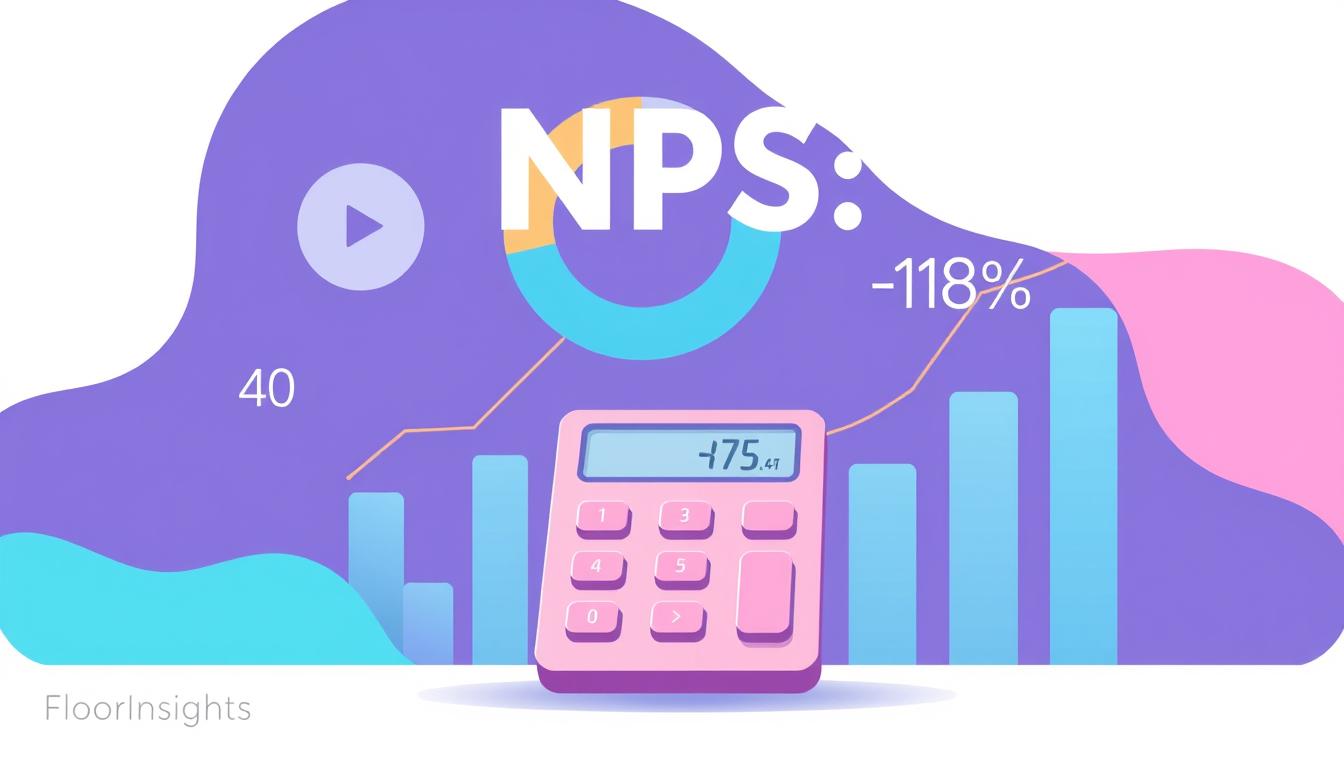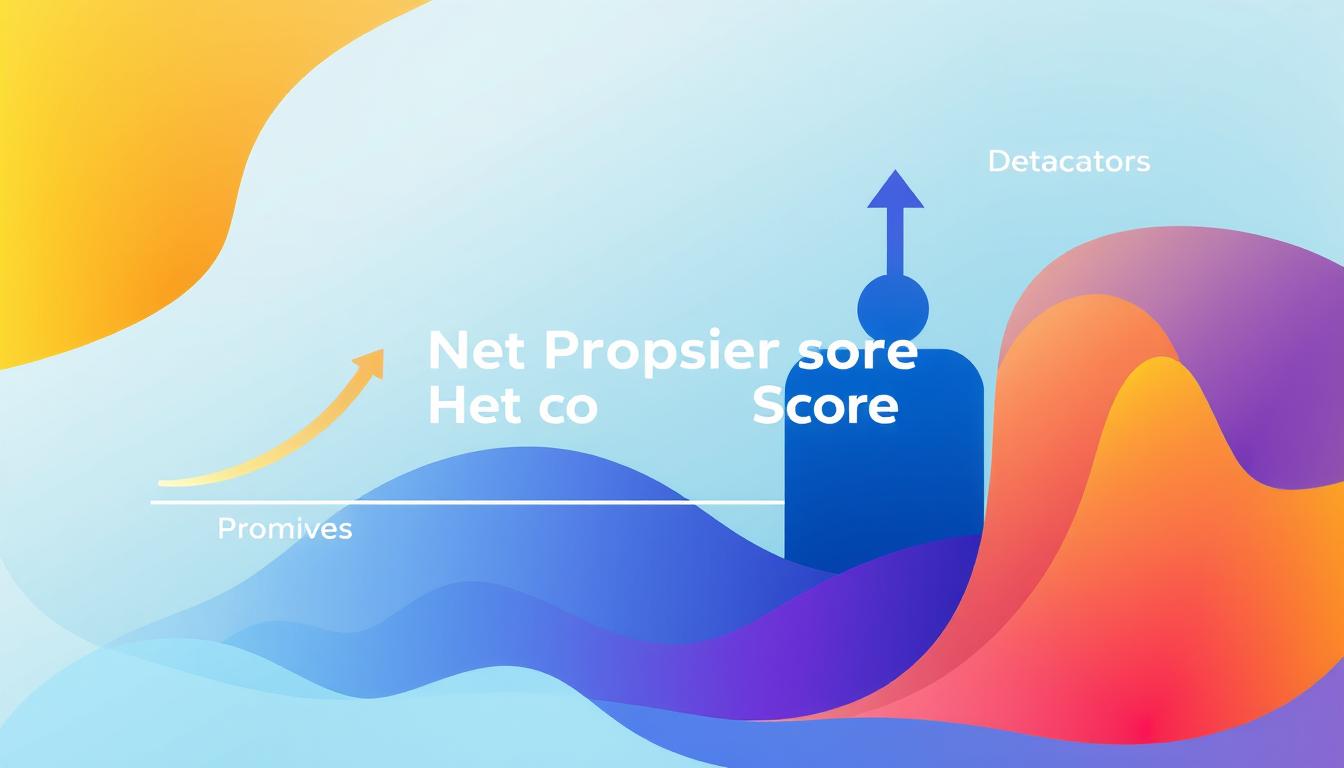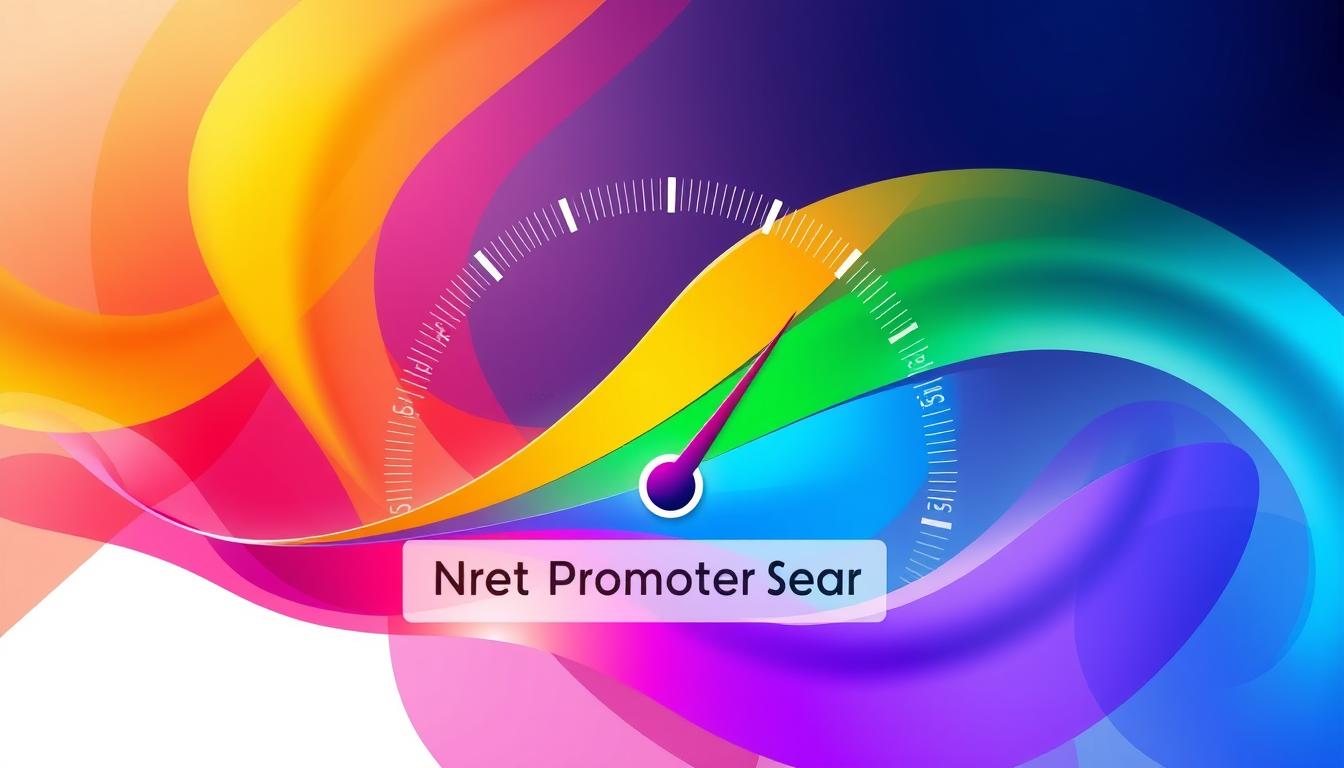In this article, we will explore the critical significance of titles in enhancing our online presence and achieving digital success. As content consumption continues to surge in India, the importance of crafting effective titles has never been more pronounced. The right title not only grabs attention but also lays the groundwork for engaging content that resonates with our audience. We aim to provide strategic insights into various aspects of titles, including their role in digital marketing and the psychological impact they have on audience engagement. Join us as we uncover actionable insights that strengthen our online efforts.
Key Takeaways
- The right titles can significantly boost our online presence.
- Effective titles play a vital role in driving digital success.
- Crafting engaging titles requires an understanding of audience preferences.
- Strategic insights into titles enhance our content marketing efforts.
- Psychological factors influence how titles impact engagement.
Understanding the Importance of Titles in Digital Content
In the realm of digital content, titles serve as the first impressions we make on our audience. The importance of titles cannot be overstated, as they not only catch attention but also influence potential readers’ decisions to engage with our material. An effective title has the potential to dramatically improve traffic attraction to our website, drawing countless visitors to explore our offerings.
The Role of Titles in Attracting Traffic
A title acts as a gateway to our content, performing the crucial function of persuading readers to click through. Research shows that compelling titles can increase page visits significantly. Grabbing attention quickly is essential in a crowded digital landscape, where users are often overwhelmed with choices. By optimizing our titles for search engines, we enhance our chances of being found, thus driving more traffic to our digital content.
Impact on User Engagement and Retention
The quality of our titles directly correlates with user engagement. Engaging titles encourage readers to delve deeper into our content, fostering an inquisitive mindset. When titles resonate with our audience’s needs or interests, they promote retention and loyalty. Readers are more likely to return to our content if they feel connected; thus, understanding the elements that contribute to effective titles is vital for building a sustainable relationship with our audience.
Key Elements of a Compelling Title
Crafting a compelling title requires a mindful approach to clarity and relevance while seamlessly integrating SEO keywords. A title that conveys its message effectively ensures that readers know precisely what to expect from our content, thereby minimizing the risk of high bounce rates.
The Importance of Clarity and Relevance
A clear title serves as a guiding beacon for our audience. When readers can quickly discern the subject matter, their willingness to engage with the content increases significantly. Titles must be relevant to the content we present, aligning with the interests of our target audience. This relationship between clarity and relevance enhances the overall user experience, fostering trust and encouraging longer visits to our site.
Emphasizing Keywords for Better SEO
Incorporating strategic SEO keywords into our titles plays a critical role in optimizing visibility in search engine results. Research indicates that a well-crafted title containing primary keywords can improve ranks, making it easier for users to discover our articles. Adhering to best practices, such as keeping titles around 60 characters, ensures that they display correctly on various platforms while capturing essential elements of clarity and relevance.
Types of Titles: Which One Should You Use?
Selecting the appropriate type of title is crucial for engaging our audience effectively. Each type of title serves a specific purpose and resonates differently with readers. Understanding the distinctions among the various types of titles helps us craft compelling content.
Descriptive Titles: Pros and Cons
Descriptive titles straightforwardly convey the content’s essence, making them reliable choices for clarity. Readers appreciate the transparency, although these titles may lack excitement. These titles fulfill the need for information but might blend into the background among more dynamic options.
Provocative Titles: Grab Attention with Impact
Provocative titles create curiosity and intrigue, often leading to higher click-through rates. They employ bold language or unexpected statements to draw in readers. Although these titles can significantly increase attention, inconsistency between the title and content can lead to disappointment. Thus, striking the right balance is essential.
How-to Titles: Offering Solutions to Problems
How-to titles appeal directly to users seeking solutions or guidance. They promise practical advice and insights, making them attractive for a problem-solving audience. By clearly defining the content’s purpose, we cater to the specific needs of our readers, enhancing their overall experience.
| Type of Title | Pros | Cons |
|---|---|---|
| Descriptive Titles | Clear, straightforward communication | Can be less engaging |
| Provocative Titles | High click-through rates, creates curiosity | Risk of reader disappointment |
| How-to Titles | Directly addresses user problems, offers solutions | Potentially limited scope if too specific |
Main Keyword: How It Shapes Your Title Strategy
The main keyword serves as the cornerstone of our title strategy. By focusing on the right keywords, we can significantly enhance the effectiveness of our content. Our goal lies in optimizing titles that resonate with our audience and align with search engines.
Finding the Right Keywords for Your Niche
To develop a successful title strategy, we begin by identifying the main keyword tailored to our niche. Researching user behavior and preferences provides insight into what resonates with our target audience. Tools like Google Keyword Planner and Ubersuggest are invaluable for this process, helping us uncover high-traffic keywords that fit seamlessly into our niche.
Integrating Main Keyword Effectively in Titles
Once we identify the main keyword, integrating it effectively into our titles becomes crucial for SEO. Positioning it towards the beginning enhances visibility and search engine ranking potential. Strategic keyword integration ensures clarity and engagement, making titles more appealing to our audience without sacrificing readability.
| Keyword Research Tool | Features | Best For |
|---|---|---|
| Google Keyword Planner | Search volume, competition, keyword suggestions | SEO strategy and budget planning |
| Ubersuggest | Traffic analysis, backlink data, content ideas | Content marketers and bloggers |
Analyzing Successful Titles in Your Industry
To refine our title strategies effectively, engaging in a thorough examination of successful titles within our industry proves invaluable. Through case studies of high-performing titles, we gain insights into the elements that lead to their success. Factors such as specific word choices, emotional appeals, and audience engagement tactics stand out prominently.
Case Studies of High-Performing Titles
By focusing on real-world examples, we see that effective titles often incorporate strong action verbs, precise language, and relevant keywords. Analyzing a selection of these titles helps us understand common themes and techniques.
| Title | Key Elements | Engagement Metrics |
|---|---|---|
| 10 Tips for Mastering Digital Marketing | List format, actionable advice, numerical value | 2000 shares, 150 comments |
| The Secret Strategies of Top Influencers | Curiosity, emotional trigger, strong keywords | 3500 shares, 300 comments |
| How to Boost Your Sales in 30 Days | Time-bound, solution-oriented, practical approach | 4000 shares, 250 comments |
Lessons Learned from Competitor Analysis
Through diligent competitor analysis, we uncover the strengths and weaknesses of rival approaches. This knowledge guides our content creation efforts, revealing opportunities for differentiation. Observing what resonates with audiences in competing titles enables us to fine-tune our strategies to ensure we capture attention effectively.
Creating Titles that Improve Click-Through Rates (CTRs)
Crafting titles that effectively enhance click-through rates is crucial for our content strategy. One of the most powerful techniques we can employ involves using numbers in titles to capture attention and foster engagement. Titles structured around specific numbers, such as “7 Tips for…” or “5 Reasons Why…” tend to resonate well with audiences. This approach not only conveys a sense of structure but also promises a straightforward and digestible format that readers appreciate.
Using Numbers and Lists for Engagement
Incorporating numbers in our titles can lead to higher click-through rates. Readers are often drawn to clear, quantifiable information. This technique promotes a quick understanding of what the article offers, making it easy for them to decide on clicking through. Studies show that articles with numbers in titles generate better engagement compared to their non-numerical counterparts. For instance:
- Titles that start with numbers improve scanning for readers.
- List-based articles are perceived as more actionable and informative.
- Curiosity about the specific content encourages clicks.
Emotional Triggers in Title Creation
Beyond numbers, emotional triggers play a significant role in our title creation process. Using language that evokes feelings—such as urgency or curiosity—can dramatically improve our click-through rates. When we tap into the emotions of our audience, we create a compelling reason for them to engage with our content. Consider the following emotional triggers:
- Urgency: Phrases like “Act Now!” or “Limited Time Offer!” foster immediate reactions.
- Curiosity: Questions or surprising statements pique interest and prompt exploration.
- Fear of Missing Out (FOMO): Highlighting trends or exclusive insights can drive clicks.
Integrating these techniques into our title strategy will help us optimize engagement and improve our overall content performance. Emphasizing numbers along with emotional triggers not only attracts readers but also encourages them to delve deeper into our material.
Tools for Crafting Effective Titles
In our journey to enhance digital content, we can utilize various tools that assist in crafting titles effectively. Title generators serve as a great starting point, offering a range of creative ideas that can inspire our process. Utilizing these tools helps streamline the brainstorming phase, yet it is crucial to remember that heavy reliance on them may lead to titles that feel generic and lack a personal touch. As we combine creativity with strategy, understanding the strengths and limitations of these tools becomes essential.
Title Generators: Pros and Cons
Title generators come with their set of advantages and disadvantages. On one hand, they can rapidly produce multiple title options, catering to different audiences. On the other hand, we may encounter titles that do not resonate with our unique voice or brand identity. Below are some key points to consider when using title generators:
- Pros: Quick generation of titles, sparks creativity, and suggests variations.
- Cons: Risk of generic titles, may lack emotional connection, can dilute brand voice.
SEO Tools for Keyword Research
While title generators can assist in creating ideas, we should complement them with dedicated SEO tools specifically for keyword research. These tools help us identify trending keywords and topics within our niche. Optimizing our titles with relevant keywords not only enhances visibility but also ensures alignment with user intent. Some popular SEO tools include:
| Tool | Functionality | Benefits |
|---|---|---|
| CoSchedule’s Headline Analyzer | Evaluates title effectiveness based on metrics. | Offers actionable insights to improve engagement. |
| SEMrush | Keyword tracking and competitive analysis. | Identifies high-performing keywords for SEO. |
| Google Trends | Tracks keyword popularity over time. | Assists in spotting emerging trends in our industry. |
The Psychology Behind Clickable Titles
Understanding the psychology of titles is crucial for creating content that truly connects with our audience. When analyzing audience behavior, we find that cognitive biases play a significant role in decision-making processes. Titles can be designed in a way that leverages these biases, encouraging users to engage with our content.
Understanding Audience Behavior and Preferences
By recognizing patterns in audience behavior, we can tailor our titles to meet their expectations and desires. For instance, titles that imply limited availability often trigger the scarcity effect, compelling more users to click. Crafting titles that resonate with the audience’s interests fosters a deeper connection, leading to increased engagement and improved content performance.
Building Trust and Credibility through Titles
Establishing trust and credibility starts with the title. Titles that convey authority or expertise can significantly enhance our brand’s reliability in the eyes of the audience. Clear promises about the content’s value allow readers to perceive our brand as trustworthy, ultimately encouraging them to return for more. In an era where information is abundant, capturing the audience’s trust through strategic title creation becomes increasingly important.
Tips for Testing and Optimizing Your Titles
To ensure our titles resonate with the audience, we must prioritize a structured approach to testing and optimizing titles. This initiative not only enhances engagement but also significantly improves our click-through rates. A thorough process encourages us to experiment with various title formats and styles, fostering better audience interactions.
A/B Testing: Finding What Works Best
A/B testing serves as a powerful method for assessing the effectiveness of our titles. By creating two variations of a title, we can compare their performance through click-through rates and user engagement. This method allows us to identify which title attracts more clicks, helping us hone in on our best options. Regularly conducting A/B testing empowers us to adapt to audience preferences and make informed adjustments in real time.
Analyzing Performance Metrics for Continuous Improvement
The key to effective title optimization lies in the engagement metrics we gather from our testing efforts. We should utilize tools like Google Analytics to capture detailed performance data. By analyzing these performance metrics, we can evaluate how well our titles resonate with our audience. Regular analysis supports continuous improvement, letting us identify trends and refine our strategies over time.
The Future of Titles in Digital Marketing
As we look to the future of titles in digital marketing, several trends and predictions emerge that might reshape our strategies. Understanding these dynamics will be crucial for maintaining relevance and effectiveness in an increasingly competitive landscape.
Trends Influencing Title Strategy
Current digital marketing trends are steering our approach to title creation. Personalization stands out as a significant factor, where tailored titles can resonate better with target audiences. Likewise, the integration of AI in content generation is altering how titles are crafted. This technology not only assists in generating compelling titles but also analyzes user data to craft titles that cater to specific preferences.
Predictions for Changes in User Behavior
We anticipate notable user behavior changes resulting from emerging formats and platforms. With the growing popularity of video content and mobile-friendly designs, titles must adapt to capture attention effectively. Audiences are gravitating towards concise, engaging titles that immediately communicate value. Our strategies must evolve in tandem with these shifts in preferences to ensure our titles remain impactful and relevant.

Conclusion
In summary, understanding the multifaceted nature of titles is vital to elevating our digital presence. Crafting compelling titles not only attracts traffic but also engages users effectively. By implementing the strategies and insights discussed, we can refine our title strategy and harness the power of keywords to drive engagement and success in our digital marketing efforts.
As we move forward, we must remain agile, adapting to shifts in trends and user preferences. Continually testing and optimizing our titles will help us maintain a competitive edge within the evolving digital ecosystem. Our proactive approach will ensure that we stay relevant and effective in capturing the attention of our target audience.
In conclusion, the journey of title creation is an ongoing process that requires our commitment and creativity. By prioritizing clarity, relevance, and emotional appeal, we have the opportunity to enhance our visibility and connection with users, ultimately achieving our business goals in the digital landscape.
FAQ
Why are titles important for our digital content?
Titles are crucial because they serve as the first point of engagement with our audience, directly impacting traffic attraction and user engagement. A compelling title can significantly increase click-through rates and foster a loyal readership base.
How can we create a compelling title?
To create a compelling title, we should focus on clarity and relevance while incorporating strategic keywords. This balance helps to inform our audience about what to expect, reduces bounce rates, and enhances our content’s visibility in search results.
What types of titles should we consider using?
We can utilize various types of titles, including descriptive titles for straightforward clarity, provocative titles to spark curiosity, and how-to titles that offer solutions. Each type serves a unique purpose based on our target audience and content objectives.
How do main keywords influence our title strategy?
Main keywords are central to our title strategy as they help optimize our content for search engines. Identifying the right keywords relevant to our niche allows us to craft titles that not only rank well but also resonate with our audience’s search intent.
What can we learn from analyzing successful titles in our industry?
By analyzing successful titles, we can identify effective strategies and key elements that draw in readers. This helps us understand what works within our industry and allows us to refine our own title approaches for maximum impact.
How can we improve click-through rates with our titles?
We can improve click-through rates by incorporating numbers and lists in our titles, as these formats provide structure and entice readers. Additionally, using emotional triggers can evoke a sense of urgency or curiosity that encourages clicks.
What tools can assist us in crafting effective titles?
Tools like title generators can inspire creative ideas, while dedicated SEO tools allow us to research keywords and trends. Resources such as CoSchedule’s Headline Analyzer help evaluate title effectiveness, ensuring our titles capture attention.
How does psychology play a role in our title creation?
Understanding the psychology behind titles can significantly enhance our content’s appeal. Recognizing audience behavior, including cognitive biases, allows us to create titles that evoke interest, build trust, and establish credibility within our market.
What methods can we use to test and optimize our titles?
To optimize our titles, we can conduct A/B testing to compare different title variations and measure their performance based on click-through rates. Regularly analyzing performance metrics enables us to refine our strategy and achieve better results over time.
What future trends should we consider for our title strategies?
Staying informed about trends such as increased personalization and the influence of AI in content creation will be essential. We anticipate shifts in user behavior, so adapting our title strategies to meet evolving preferences will help us remain competitive.
Related Posts
- NPS and Brand Advocacy: Turning Promoters into Ambassadors
- Using NPS to Measure Franchisee Satisfaction and Success – NPS for Franchise Businesses
- How to Set Realistic NPS Goals Based on Benchmarks
- The Role of NPS in Tech Product Development – NPS in the Technology Industry
- The Role of NPS in Product Market Fit – NPS and Product Development
- Data Security in NPS Platforms: Protecting Customer Information – NPS Ethics and Data Privacy
- The Role of Customer Feedback in Increasing NPS Scores – NPS and Customer Feedback Loops
- Real-World Examples of NPS Success in Small Businesses – NPS for Small and Medium Businesses (SMBs)






